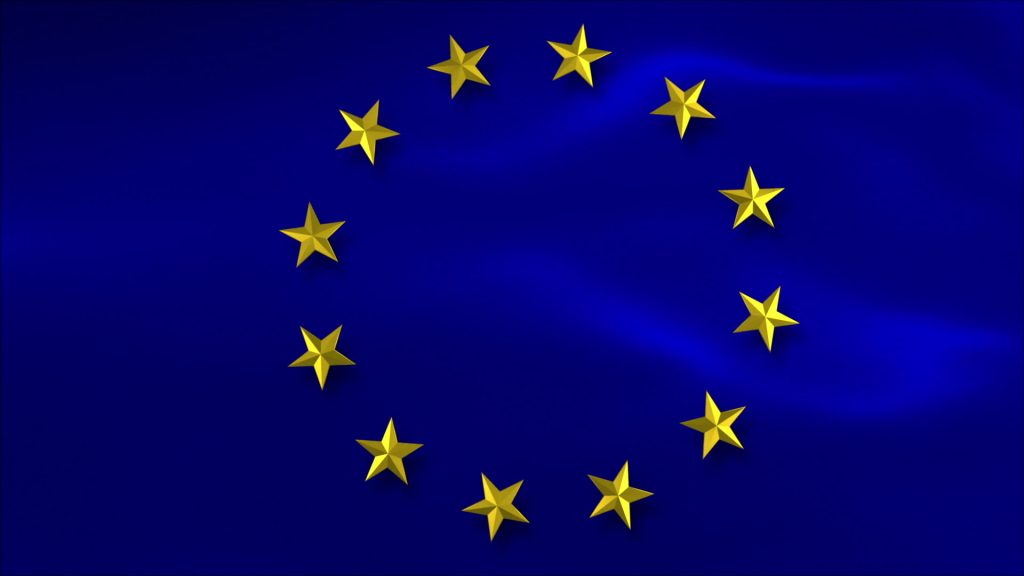In July, the European Parliament voted against the intrusive Copyright Directive, sending Article 11 and 13 back to the drawing board. Amended versions of both have since been approved, continuing to carry the controversial “link tax” and “upload filter” respectively.
Easily the most heavily discussed portion of the Copyright Directive before its initial rejection, Article 11 attempted to implement a link tax by penalising shared links to sourced information without paying a royalty fee, while Article 13 suggested an internet filter to detect copyrighted material. The former had been criticised for its ability to be abused by copyright trolls, whereas the latter would rely on an algorithm that would likely infringe on free speech.
Article 11 is intended to protect the copyright of written materials, reserving the right for originators to demand a royalty fee when they are quoted as a source. In theory, this helps to stomp out fake news given that legitimate businesses are likely to maintain control over their work, though it doesn’t quite work that way in practice.
Despite successfully pushing the Spanish government into placing restrictions on Google News and requiring the platform to pay originators for the preview material it uses, news outlets found their traffic down up to 15 percent when Google retaliated by removing the feature from the country in its entirety. Google itself didn’t suffer a wink, given that no advertisements are present for News to make any money for the platform, however Spanish publications regretted their decision.
Although Article 13 requires platforms to work with rights holders in order to prevent the upload of copyrighted content, the Big Brother-like blanket filter necessary to detect content that offends the strict laws is sure to be even worse for the general public. While YouTube already filters content via audio, allowing users to demonetise their content or take it down entirely, Article 13 would require the platform to begin sweeping imagery within the video before it’s available for public viewing.
Small platforms are expected to be punished harshly for their use of social media as marketing tools, whereas the everyday internet user is afraid that general GIFs and memes could be made illegal. Such an intrusion of free speech has been the cornerstone of arguments made by World Wide Web inventor Tim Berners-Lee to rescind the Article.
MEPs reviewed the revised versions of each Article, with 438 votes in favour of approving the Copyright Directive and 226 against. A final vote will be cast in January, 2019 to decide whether the amended Articles will make it into EU law, however it’s unlikely that the proposal will be rejected a second time with such an overwhelming amount in favour of approval.
Among the amendments, sharing and information sites like GitHub and Wikipedia will be exempt from Article 13, while publications will now be able to get away with “individual words” and hyperlinks without fear of punishment under Article 11. This does, however, suggest that full quotes will be off limits.
If the Copyright Directive sees final approval, nations will be free to individually interpret each Article to their choosing, meaning that laws could vary significantly per country. No matter how it is received, the change is expected to be disruptive for much more than just the EU, spanning the entire world.
KitGuru Says: I’m sceptical that it will come to such extremes if the Copyright Directive sees implementation, however it is concerning just how things will change when interacting with the internet. What do you think of Article 11 and 13 being pushed through?
 KitGuru KitGuru.net – Tech News | Hardware News | Hardware Reviews | IOS | Mobile | Gaming | Graphics Cards
KitGuru KitGuru.net – Tech News | Hardware News | Hardware Reviews | IOS | Mobile | Gaming | Graphics Cards



